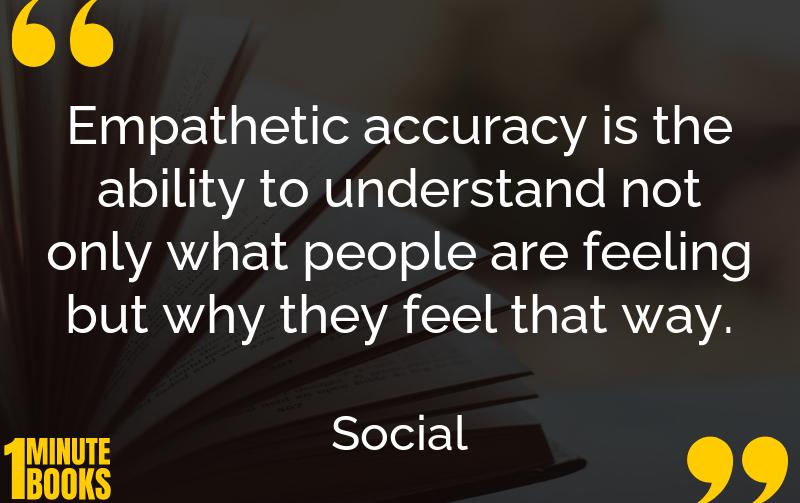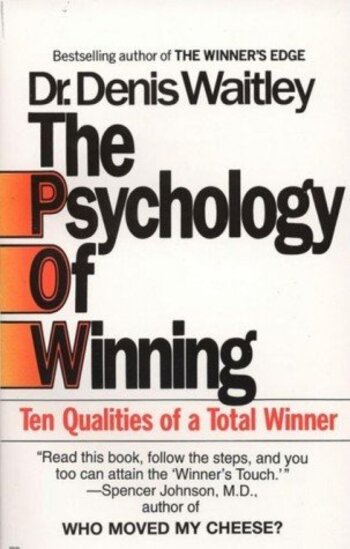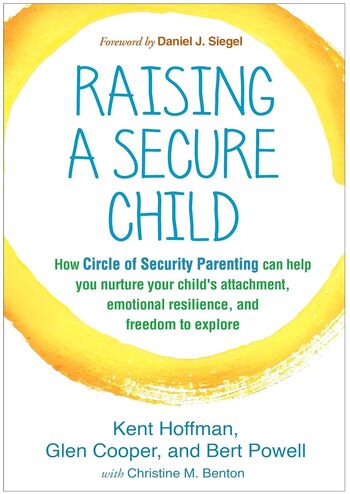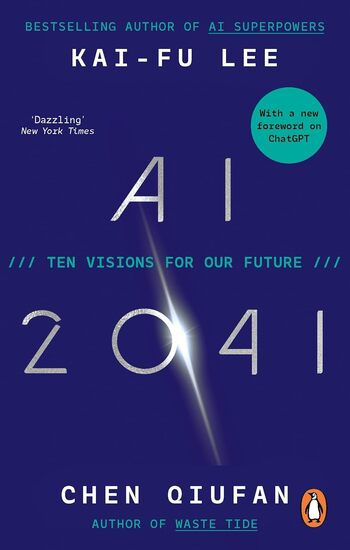
Social Intelligence by Daniel Goleman explores the science of relationships, emphasizing the essential skills of empathic understanding and social awareness to navigate emotional and social cues effectively.
Main Lessons
- Social intelligence differs from academic skills by emphasizing empathy and interpersonal skills.
- Developing empathetic accuracy helps in understanding others’ emotional states and potential intentions.
- Cultural norms influence social perception and empathic accuracy, impacting interpersonal relationships.
- Empathic accuracy varies among individuals, affecting how social cues are interpreted.
- Neural circuitry and environment shape empathic abilities, which can be developed through supportive experiences.
- Exposure to manageable fears can enhance emotional development and adaptability.
- Low social intelligence may contribute to antisocial behaviors, including aggression and violence in relationships.
- Caregiver stress highlights the emotional toll of putting others’ needs first, underscoring the importance of support networks.
- Strong social connections contribute to faster recovery and longer lifespan during illness.
- Social intelligence can help educators look beyond stereotypes, enabling students with learning difficulties to thrive.
- Developing empathetic and social skills improves mental health and creates positive social environments.
- The book promotes practicing understanding and kindness to enhance personal relationships and conflict resolution.








